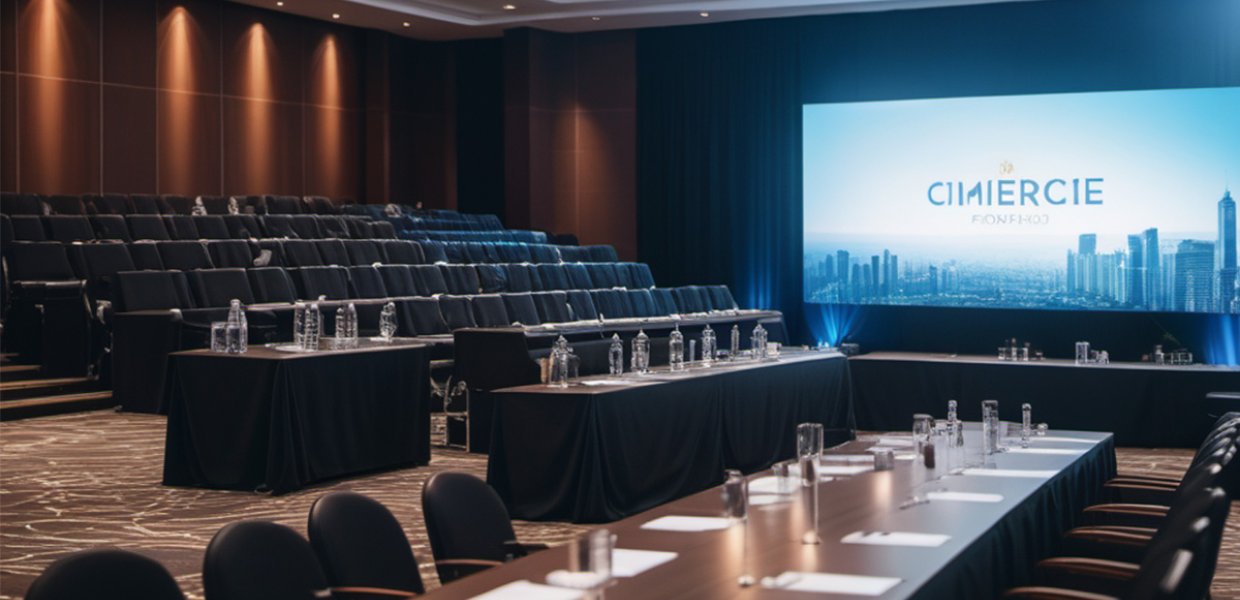The rapid proliferation of Artificial Intelligence (AI) in our global communities and daily lives has been nothing short of transformative, exceeding the expectations of many just a few years ago. AI has revolutionized online connectivity, enhanced transportation safety, and ushered in new economic opportunities, profoundly altering how we interact, commute, and work.
However, beneath these remarkable achievements lies a pressing concern: the absence of essential safeguards and guidelines to regulate AI development and prevent the emergence of material harm rooted in human bias and inequitable power structures.
Despite the immense potential for growth, connection, and innovation that AI brings, the lack of proper oversight has allowed technologies and systems to emerge, designed and shaped by humans, that perpetuate a multitude of biases. Of particular concern is the prevalence of racial bias, which disproportionately affects historically marginalized groups.
This bias is pervasive across various industries, from AI-driven job application filters to risk-assessment software used in parole decisions. The root cause lies in the biased data used to train these algorithms, leading to discriminatory outcomes that threaten to exacerbate existing inequalities.
Consider the algorithms dictating our social media feeds, expertly engineered to maximize user engagement. Unfortunately, this can lead to the promotion of false information, disinformation, deepfake videos, and inflammatory content designed to exacerbate social and political tensions, posing a significant challenge to the fabric of our society.
In the workplace, the rapid advancement of AI has the potential to enhance the prosperity of human workers, but the lack of clear metrics and industry commitments raises concerns about lower wages and diminished job quality. This concern could potentially bring the "robots taking our jobs" scenario closer to reality, highlighting the urgent need for responsible AI adoption and management.
As AI's influence continues to permeate various industries and society as a whole, it becomes imperative that the algorithms driving these advancements adhere to principles of fairness, transparency, and inclusivity. Those responsible for developing AI algorithms must be held accountable for identifying and mitigating algorithmic biases that may arise.
However, the responsibility for creating ethical AI does not rest solely on the shoulders of tech companies. It demands a collaborative effort that brings together diverse industries, academic researchers, and civil society organizations. This collaboration fosters knowledge sharing, problem-solving, and the co-creation of solutions to address the multifaceted challenges posed by AI. As an independent convener, this is precisely the role that my organization, Partnership on AI (PAI), plays. We also identify gaps and development opportunities as they arise, striving to pave the way for a better and more equitable future for everyone.
The challenges associated with AI transcend borders and disciplines, and so must their solutions. As exemplified by Secretary-General António Guterres at a recent UN Security Council meeting on AI, a global approach, a sense of urgency, and a commitment to continuous learning are essential.
Diverse organizations must come together to set the necessary guardrails for safe and responsible AI development, ensuring that ethical principles guide its evolution. This collaborative effort expands the community that guides the future of AI, reinforcing our collective commitment to shaping its trajectory responsibly and for the benefit of all. Delay is not an option; the time for action is now.
Penelope Sosa is the digital communications manager at the Partnership on AI, a multi-stakeholder organization that brings together diverse voices to shape the future of artificial intelligence. She previously worked at the Illinois Supreme Court Commission on Professionalism. She is a USC Annenberg alumnae, now living in Chicago.
